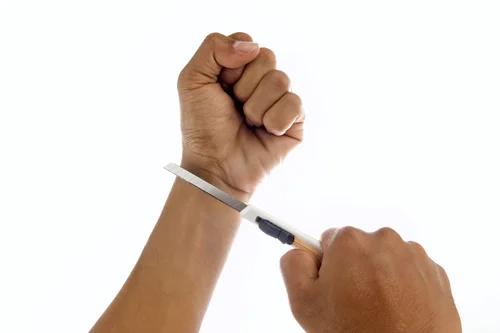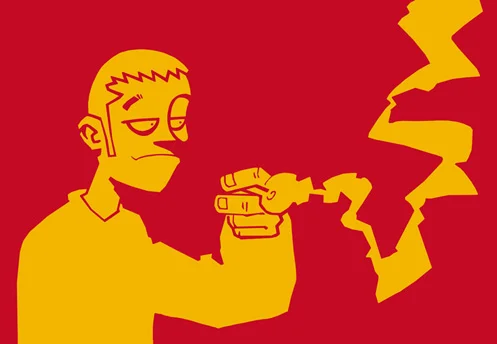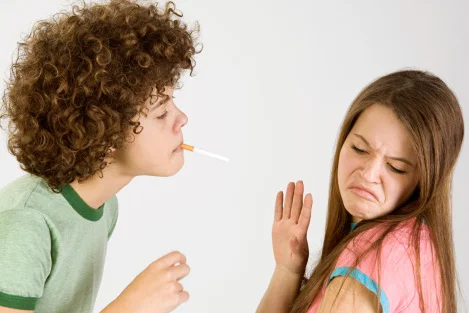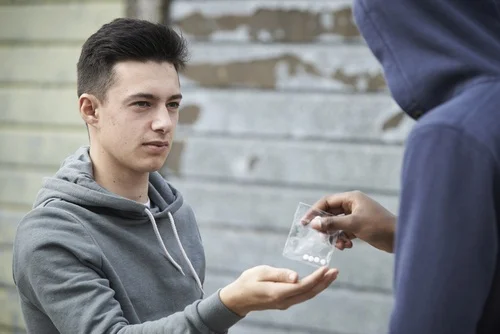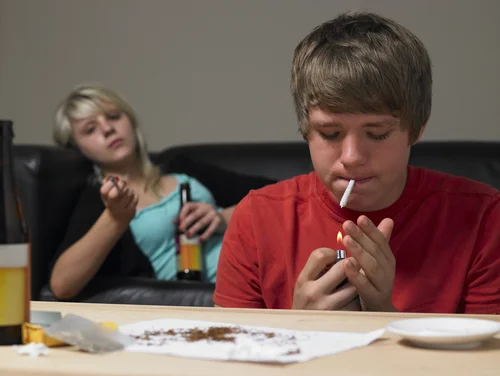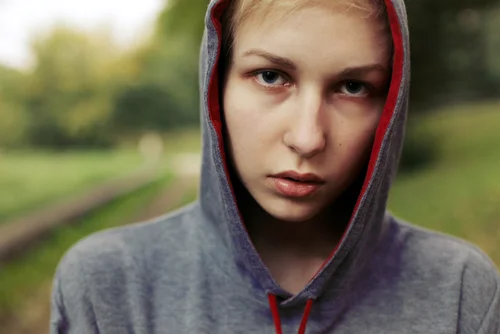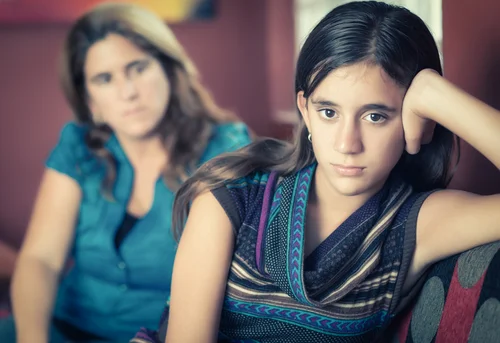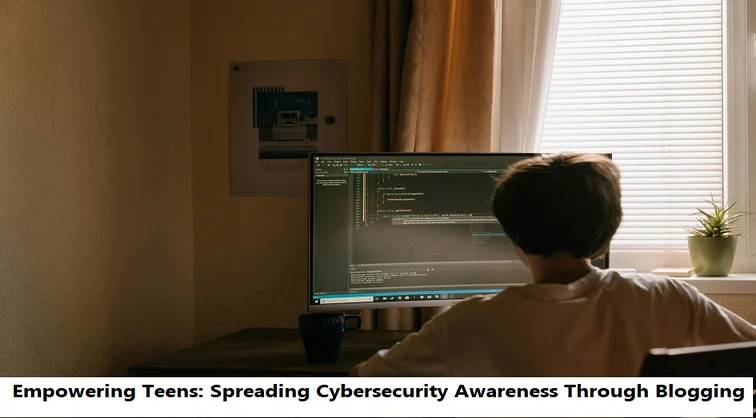+1 845 259 2974 (11 a.m to 7 p.m CST)
How to deal with underage drinking in teens

It is unimaginable how fast they grow, just yesterday you were changing their diapers, watching them take their first steps, beaming with pride as they said their first word and filling up their favorite sippy cup with orange juice. Today, they demand you respect their privacy and buy them a car. They talk back to you like a pro and the sippy cup and orange juice combination has been replaced by orange juice and vodka. Yes, your teenager is growing up fast, experimenting with things like alcohol and its going to take a lot more than Dutch courage for you to stop them from going down that road to destruction.
Here are just a few of the reasons why you need to sit up and take notice of the problems with underage drinking:
- Medical research shows that those who become alcoholics at an early age suffer from mutated emotional growth and stunted intellectual development.
- Alcohol induced accidents are the leading cause of teen fatalities across America. In some cases teen drowning, suicides and murders have also been the result of underage alcohol use.
- Although alcohol does not promote sexual promiscuity, it does lower inhabitations; this leaves teens vulnerable to sexual assaults or unprotected sex. Surveys also show a direct relation between underage sex and underage drinking.
- Teens who drink perform poorly at school. They not only struggle academically but lag nehond in sports as well.
- Ready for the talk?
If the facts given above have finally compelled you to talk to your teen about alcohol and young people, here is how you can go about doing it:
Draw the lines
A lot of parents are under the guise that if they let their teens drink moderately at home, the teens wont abuse alcohol elsewhere. This is not only a ridiculous theory, it almost as good as you leading your teen into temptation yourself. According to Caitlin Abar, an alcohol researcher from Pennsylvania State University, teens coming from homes where parents practice zero tolerance towards underage alcohol use are less likely to indulge in binge drinking in college. A zero tolerance policy does not ensure a sober teen or adult, but research shows that people from such homes are less likely to abuse alcohol at any point of their lives.
Set an example
The moment you realize that your teen is experimenting with alcohol, sit back and take stock of your own drinking habits as well. If you are an excessive social or weekend drinker, you are setting a bad example. In fact your teen may have gotten his first drink from home. So giving up drinking will not only set a good example, the removal of all alcoholic drinks from the house will make its access difficult for your teen as well.
Define consequences
Ensure that your words are being taken seriously by informing your teen of the consequences of being caught drinking and acting on it as well. Drinking and driving will result in you taking away your teens driving license for a significant amount of time. If you find you teen drunk after a party, make them attend alcohol education classes.
Take control
In spite of all the measures you take to ensure your teen doesn’t drink, nothing will work as well and long term as good communication and a strong relation between the two of you. So try talking to your teen and gradually start bonding with them on a deeper level. Give them the confidence that in moments of weakness they can always come to you. Make sure your teen doesn’t take unnecessary risks just to escape the consequences of what might happen at home.
Get professional help
If you suspect that your teen's drinking habit is beyond your intervention, seek out professional help before its too late. The Alcoholics Anonymous offers extensive counseling for teens and families in crisis. You can also look for look for alcohol abuse treatment programs in your area, by using the Substance Abuse & Mental Health Services Administration (SAMHSA) website.

